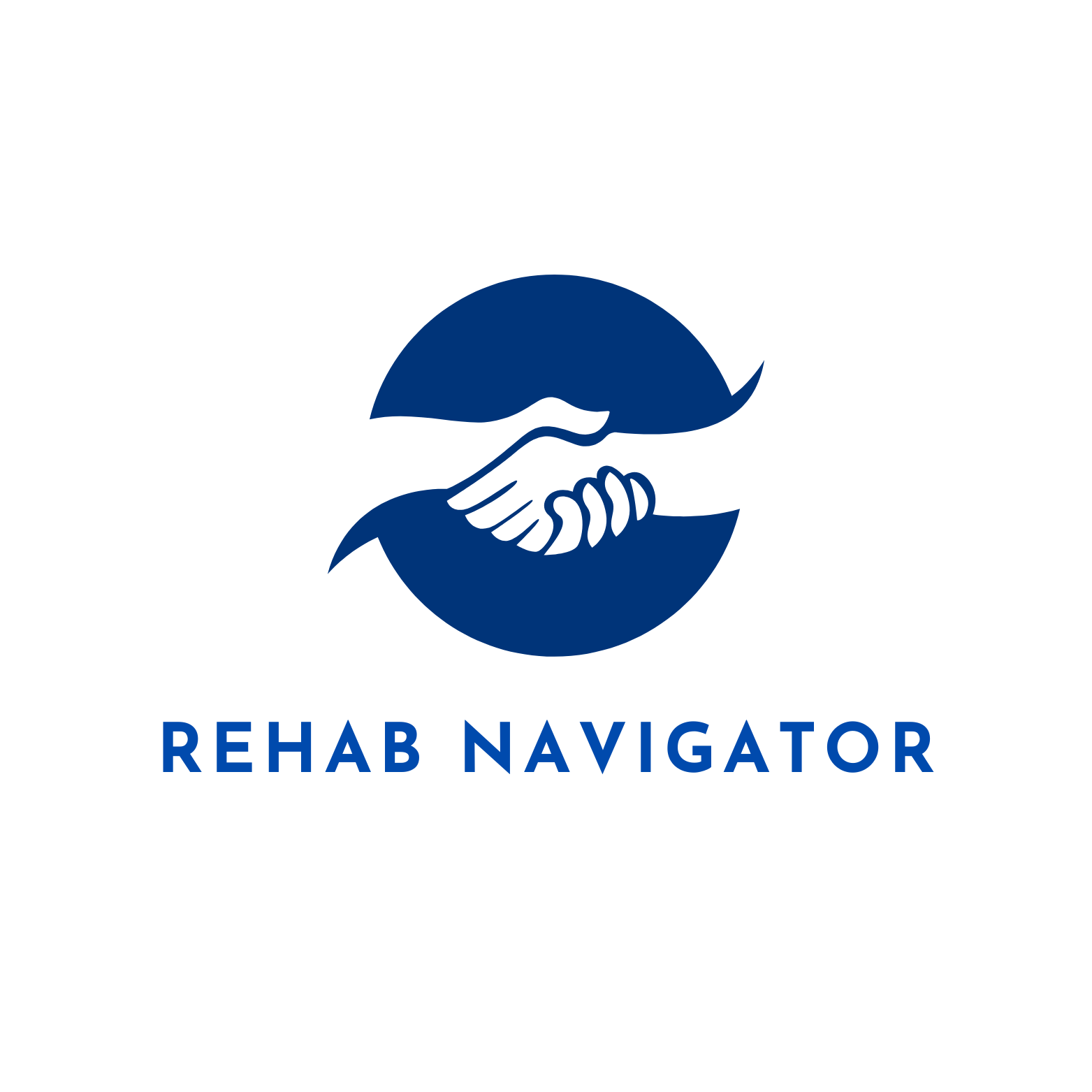Choosing the Right Rehab: A Guide to Finding the Best Care
Selecting a rehab program is a significant decision, and it's essential to ensure you're in capable hands. Addiction treatment is a transformative journey, and being supported by the right team can greatly enhance your chances of success. Every staff member at a treatment center plays a vital role in your recovery.
Understanding what to look for in a treatment team can help you identify a program that aligns with your specific needs.
Who Will Support You During Rehab?
Rehab centers are staffed by a variety of professionals, with staff size and expertise differing across programs. In most facilities, you can expect to interact with:
Admissions staff
Mental health professionals
Medical professionals
Holistic and complementary health practitioners
Rehabs in the U.S. are regulated at the state level, meaning credentials and licensing requirements for staff vary by location. If you have specific concerns, you can review the laws in your area. Resources like the U.S. Substance Abuse and Mental Health Services Administration (SAMHSA) provide information on state regulations for substance use disorder programs and staffing. Additionally, the U.S. Department of Health and Human Services outlines credentials and licensing standards for substance use disorder workers.
The Admissions Team: Your First Step Toward Recovery
The admissions team serves as your initial point of contact with a rehab facility. Their primary role is to help match you with a program that meets your specific needs. To do this effectively, they’ll seek to understand your recovery goals. While admissions staff often function like a sales team, many also bring specialized recovery-related skills, such as:
Program Expertise: They possess in-depth knowledge of the facility’s offerings and can provide detailed information.
Communication Skills: Trained to interact with individuals in diverse mental and emotional states.
Intake Assessment: Qualified to perform an initial evaluation to determine rehab suitability.
Treatment Planning: Assist with treatment logistics, including scheduling and travel arrangements.
First impressions are crucial, and your first interaction with a rehab is no exception. This call offers an opportunity to gauge whether the facility genuinely has your best interests in mind. Unfortunately, not all centers are trustworthy, and some fraudulent hotlines exist to exploit those seeking help. However, even over the phone, you can take steps to verify the legitimacy of a rehab center.
A skilled admissions specialist should address your concerns and provide clear, accurate information. An exceptional one makes you feel truly understood and supported.
Qualifications
Admissions specialists are typically required to hold a high school diploma. Many also have 1-2 years of experience in admissions or healthcare-related roles.
Mental Health Professionals in Addiction Recovery
Therapists
Talk therapy plays a key role in many treatment programs. There are various methods, but several are commonly used in rehab settings, including:
Cognitive Behavioral Therapy (CBT)
Dialectical Behavioral Therapy (DBT)
Acceptance and Commitment Therapy (ACT)
These therapies are evidence-based, meaning research supports their effectiveness in addiction recovery. Your therapist may incorporate these approaches into your treatment plan.
Counselors
Counseling assists individuals in addressing urgent issues and initiating the healing process. A counselor acts more as a supportive ally than a guide, helping you define your recovery goals and plan your next steps.
Counselors often specialize in specific areas, such as gambling addiction or trauma recovery, with substance abuse counselors focusing on addiction treatment.
Qualifications
While a bachelor's degree is common, it's not always required for addiction counselors. Licensed Professional Counselors (LPCs) must have a master’s degree (Psy.M. or M.Psych) and a state license.
Psychotherapists (M.S., M.A.)
Psychotherapists provide long-term care and facilitate talk therapy, guiding patients to explore their mental health. They also design treatment plans. You’ll likely participate in both individual and group therapy during rehab, with psychotherapists possibly collaborating with other professionals, like psychologists or psychiatrists.
Qualifications
Therapists typically hold a master's degree (M.S. or M.A.) in mental health and must be state-licensed.
Psychologists (Ph.D., Psy.D.)
Psychologists are licensed mental health professionals with higher educational requirements. They hold doctoral degrees and are equipped to both treat patients and conduct clinical research. Due to their advanced training, psychologists often use specialized treatment methods and tend to treat patients with more severe mental health symptoms.
Qualifications
Psychologists must have a Ph.D. or Psy.D. and comply with state licensing laws.
Certified Addiction Specialists (CAS)
A Certified Addiction Specialist (CAS) has specialized training in treating addiction. They focus on areas like substance use disorders, alcohol addiction, eating disorders, gambling, and sex addiction. Depending on their background, a CAS may use different approaches to treat addiction.
Qualifications
CAS professionals need a bachelor's degree and usually a master's degree, along with certification from an accredited organization.
Licensed Marriage and Family Therapists (LMFT)
Addiction often affects relationships, and unhealthy dynamics can trigger or worsen addiction. LMFTs provide therapy for families or couples to improve these relationships and support recovery. This type of therapy can play a critical role in long-term recovery by fostering a supportive network.
Qualifications
LMFTs hold a master's or doctoral degree and are licensed by the Association of Marital & Family Therapy Regulatory Boards.
Medical Professionals
Many rehabs also employ medical professionals, including those who may treat physical issues, prescribe medications, or focus on medical detoxification. These experts help manage both the physical and emotional aspects of recovery.
Psychiatrists (M.D., D.O.)
Psychiatrists are medical doctors who specialize in mental health and can diagnose conditions and prescribe medication. In addiction recovery, psychiatric treatment often works alongside talk therapy to ensure proper medication management and emotional support.
Qualifications
Psychiatrists must hold an M.D. or D.O. and have a state physician's license.
Medical Doctors (M.D.)
Doctors in rehab settings often provide care in medical detox programs or help manage recovery-related physical conditions, such as chronic pain. They may also treat conditions with both physical and psychological components, like eating disorders.
Qualifications
M.D.s hold doctorates and may have specialized training in addiction medicine or other relevant areas.
Addiction Medicine Physicians (ADM)
Addiction Medicine Physicians specialize in treating health issues related to addiction. They can diagnose and treat both physical and emotional symptoms, and may also work with the families of those in recovery.
Qualifications
ADMs require a doctoral degree and certification in addiction medicine from the American Board of Medical Specialties (ABMS).
Nurses (LPN, LVN, RN, APRN, etc.)
Nurses play a variety of roles in addiction recovery.
LPNs and LVNs provide basic care, monitor vital signs, and update records.
Registered Nurses (RNs) assess symptoms and help coordinate care.
Advanced Practice Registered Nurses (APRNs) diagnose, prescribe medications, and design treatment plans.
Qualifications
LPNs and LVNs complete a one-year program and pass a state exam. RNs typically have a BSN, ADN, or ASN and must be state-licensed. APRNs hold master’s degrees or higher and may specialize in specific areas like chronic illness or counseling.
Holistic and Complementary Health Practitioners
Mental health and addiction can impact various areas of your life, from personal relationships to overall nutrition.
In holistic treatment, recovery is viewed as a comprehensive, whole-person experience. Rather than solely addressing symptoms, it focuses on reconnecting your mind, body, and spirit.
Holistic addiction treatment is gaining popularity, making it easier to find rehabilitation centers that offer the expertise of specialists such as:
Acupuncturists
Massage therapists
Mindfulness instructors
Naturopathic doctors and herbalists
Somatic therapists
Yoga teachers
Some rehabs also incorporate experiential therapies like equine therapy and adventure therapy, often guided by qualified professionals alongside a talk therapist.
Qualifications
The certification requirements for holistic practitioners vary. For example, massage therapy is regulated by individual states, and in most U.S. states, massage therapists must pass the Massage and Bodywork Licensing Exam (MBLEx) to become licensed. However, some states, such as Minnesota, lack licensing regulations.
Other complementary treatments may be new to the U.S., despite having a long history elsewhere. As a result, not all professionals in these fields are required to hold licenses. However, as research on these therapies continues, licensing requirements may evolve.
Achieve Recovery with a Dedicated Treatment Team
Beginning your recovery is a significant commitment, both to yourself and the program. It’s important to feel confident in the team supporting you during this time. Choose a facility with skilled professionals who collaborate effectively. Their expertise will allow you to concentrate on what matters most: your recovery.
Browse our list of rehab centers to compare key details, including team information, pricing, and insurance options.





Comentarios